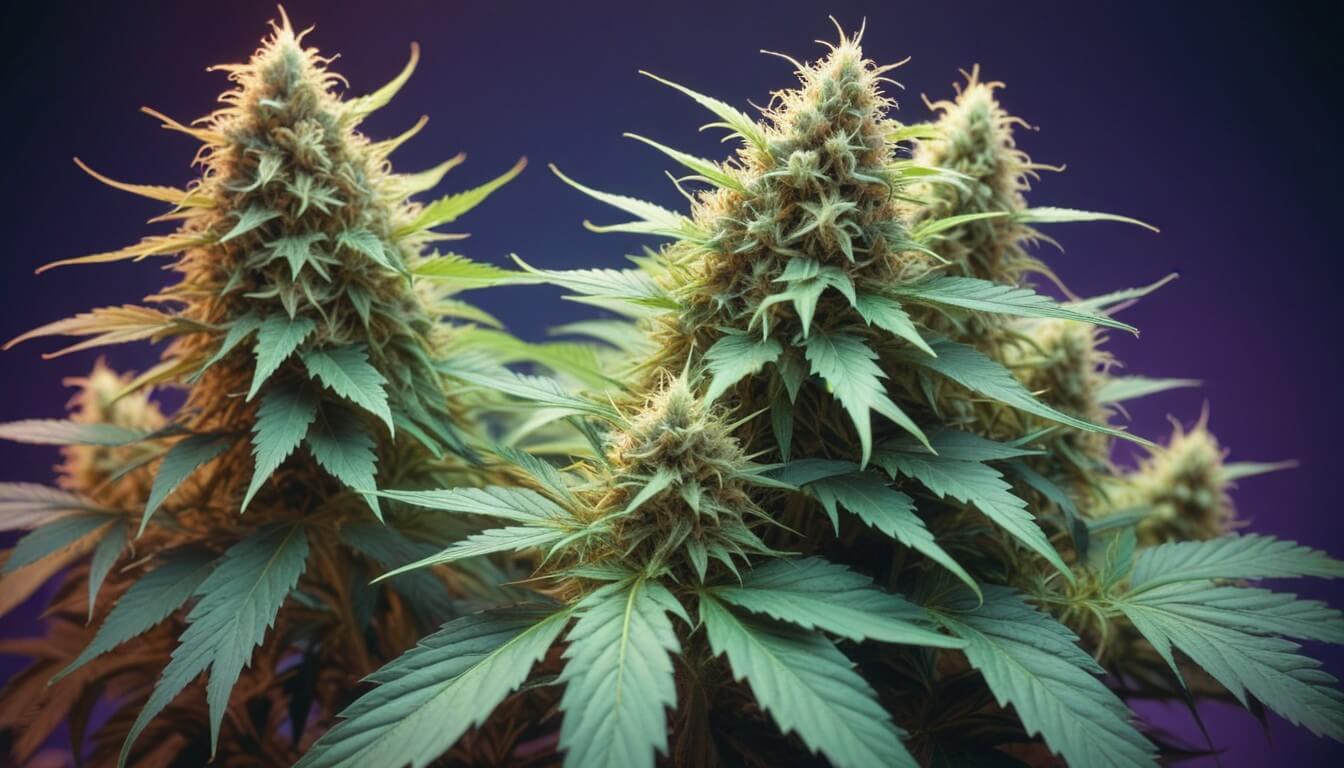The Biden Administration’s suggestion to change the classification of marijuana from Schedule I to Schedule III has sparked significant discussion and debate. While such a move would still keep marijuana illegal under the Controlled Substances Act, it marks an important step in how the federal government views cannabis. However, broader action is necessary to address the complex issues surrounding marijuana legalization, including decriminalization efforts, community investment, and the integration of state-licensed marijuana businesses into the broader economic landscape.
Schedule I vs. Schedule III Classifications
Marijuana is currently classified as a Schedule I drug under the Controlled Substances Act, alongside substances like heroin and LSD. This designation implies that marijuana is considered to have a high potential for abuse with no accepted medical use. In contrast, a Schedule III classification acknowledges that a drug has less potential for abuse, accepted medical uses, and moderate to low risk of dependence.
Implications of Moving to Schedule III
If marijuana were reclassified to Schedule III, it could have various impacts. Primarily, this shift might ease some research restrictions, allowing scientists more freedom to study the plant’s effects and potential benefits. Additionally, while the change wouldn’t make marijuana legal federally, it could influence state policies and lead to less severe penalties for possession.
Biden’s Role in Decriminalization
Joe Biden’s campaign included commitments to decriminalize marijuana, leaving many advocates urging him to fulfill these promises fully. Decriminalization refers to reducing or eliminating criminal penalties associated with certain acts—here, specifically for marijuana-related offenses. The public expects concrete steps towards removing significant criminal penalties and rectifying past injustices linked to marijuana arrests and convictions.
Actions Needed Beyond Reclassification
Besides changing marijuana’s classification, President Biden needs to champion legislative measures that will truly decriminalize the substance. Effective policy reforms must include the expungement of past criminal records related to marijuana charges and other restorative justice initiatives designed to compensate communities disproportionately affected by the war on drugs.
Addressing Historical Damage
The war on drugs has caused considerable harm to countless individuals and communities, particularly people of color. Long-term investment in education, healthcare, and economic development in these areas is critical for repairing this damage. Providing grants and support to help develop local businesses, including those within the cannabis sector, can stimulate positive growth and opportunity.
Creating Equitable Opportunities
The emerging legal marijuana market must ensure equitable access to business opportunities. Policies should promote diversity and inclusion within the industry, ensuring small businesses and marginalized groups have a fair chance to thrive. Offering financial assistance, training programs, and mentorship are essential strategies.
Integrating Marijuana Businesses into The Economy
State-licensed marijuana businesses face numerous regulatory hurdles and societal stigmas. A reclassification could serve as a stepping stone toward treating these enterprises more like any other American business. Implementing standardized regulations across states, improving banking access, and enabling tax deductions are vital changes needed to level the playing field.
Federal Support and Guidance
The federal government needs to provide clear, consistent guidelines to integrate marijuana businesses effectively into the broader economy. Establishing frameworks for interstate commerce and creating detailed compliance requirements would allow these businesses to operate smoothly and contribute significantly to national and local economies.
The proposed change from Schedule I to Schedule III for marijuana signifies progress but does not encapsulate all the actions required for comprehensive reform. The Biden Administration has a crucial role in driving forward decriminalization, investing in communities hurt by the war on drugs, and adapting the regulatory environment to normalize state-licensed marijuana businesses. Achieving these goals demands sustained attention and intentional policy-making to ensure both justice and prosperity in the evolving landscape of marijuana legislation.





